Masai Tea Bags Purple Tea Speciality-2g*10
$10.00
10 Sachets Of Masai Tea Bags Purple Tea Specialty
Khaki Package
Cotton Handle
Brand Sticker
Category: Tea Bags
Purple tea is a unique variety of tea that is characterized by its purple-colored leaves. The color is due to the presence of anthocyanin pigments, which also contribute to the tea’s potential health benefits. Here are some key features and considerations regarding purple tea as a specialty:
- Origin: Purple tea is primarily cultivated in regions such as Kenya, specifically in the Mount Kenya region. The tea plants used to produce purple tea are often hybrid varieties with a genetic predisposition for the purple leaf color.
- Anthocyanin Content: The distinctive purple color of the leaves is attributed to anthocyanins, which are antioxidants. These compounds are also found in certain fruits and vegetables and are associated with potential health benefits.
- Flavor Profile: Purple tea often has a unique flavor profile that can include notes of floral, fruity, and sometimes a subtle earthiness. The taste can vary depending on factors such as the specific cultivar, growing conditions, and processing methods.
- Processing: The processing of purple tea can be similar to that of other types of tea, involving steps such as withering, rolling, oxidation, and drying. However, the duration of oxidation may be shorter than that of black tea, resulting in a partially oxidized tea.
- Health Benefits: Purple tea is often promoted for its potential health benefits, attributed to the presence of anthocyanins. These antioxidants are believed to have anti-inflammatory and antioxidant properties, which may contribute to overall health and wellness.
- Brewing Recommendations: Brewing purple tea is similar to other types of tea. It is typically recommended to use water at a temperature of around 180 to 200°F (82 to 93°C) and steep the leaves for 3 to 5 minutes. Adjustments can be made based on personal preference.
- Availability: While purple tea is not as widely known or available as green, black, or oolong teas, it has gained attention for its unique characteristics. Some tea enthusiasts seek out purple tea for its distinctive appearance and potential health benefits.
When exploring purple tea as a specialty, it’s recommended to purchase from reputable sources that provide information about the tea’s origin, cultivation, and processing. This can help ensure that you are experiencing the unique qualities of high-quality purple tea.
Be the first to review “Masai Tea Bags Purple Tea Speciality-2g*10” Cancel reply
Related products
$12.00
$15.00
$6.00
$6.00
Tea Bags
$6.00
$15.00
$10.00
$6.00





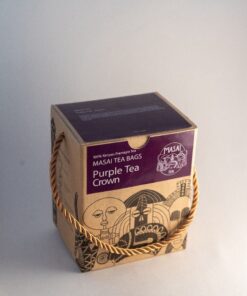
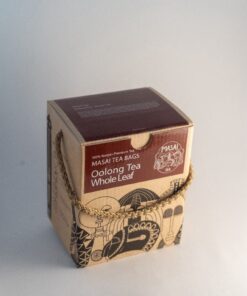
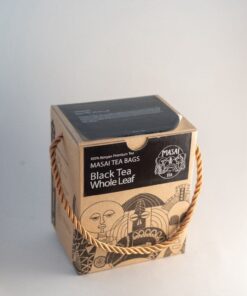
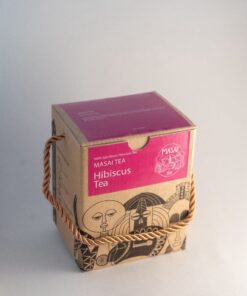
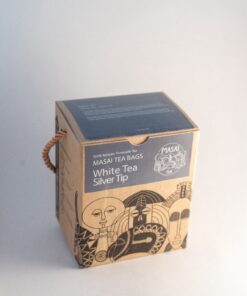
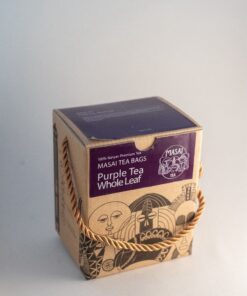
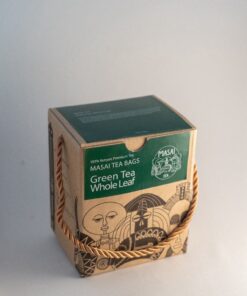
Reviews
There are no reviews yet.